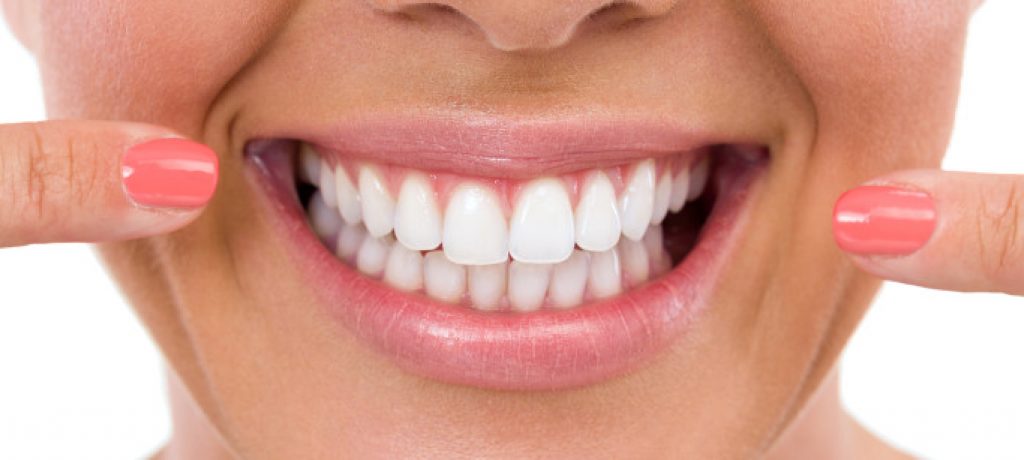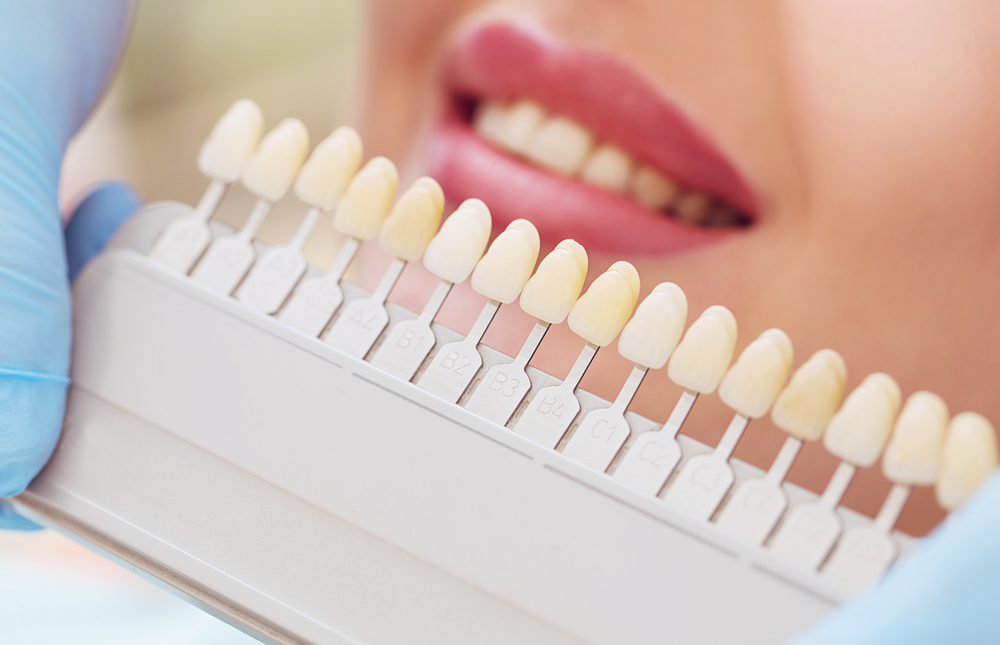Resource Library
Start Reading

Teeth whitening is one of the best ways to improve the appearance of your smile with minimal effort. Teeth whitening is usually fast and easy, and the payoff of having a bright and shiny smile is immediately obvious. In fact, a good teeth whitening program with your dentist can lighten and brighten your smile by several shades in just one session!
But teeth whitening isn’t for everyone. Some people aren’t able to pursue the typical methods of teeth whitening because health problems or other complications prevent them from doing so. If you’re thinking about getting your teeth whitened but you aren’t sure if it’s right for you, stick with us. We’ll go over a few of the common reasons that some patients can’t pursue standard teeth whitening and suggest your next step if these situations do apply to you.
Standard teeth whitening techniques aren’t necessary or even appropriate for everyone. Here are a few of the reasons you might choose to find sensitive teeth whitening instead.
 Gingivitis: If you have gingivitis or a similar gum disease, you might want to consider sensitive teeth whitening. Gum diseases are one of the more common dental ailments, and unfortunately, they can make it difficult to use the normal teeth whitening techniques. Gingivitis and other gum diseases involve an infection that make the gums puffy, sensitive, and sore. Using conventional teeth whitening techniques on gums in this state can not only be uncomfortable, but can damage the gums.
Gingivitis: If you have gingivitis or a similar gum disease, you might want to consider sensitive teeth whitening. Gum diseases are one of the more common dental ailments, and unfortunately, they can make it difficult to use the normal teeth whitening techniques. Gingivitis and other gum diseases involve an infection that make the gums puffy, sensitive, and sore. Using conventional teeth whitening techniques on gums in this state can not only be uncomfortable, but can damage the gums. If you’re interested in getting your teeth whitening but you aren’t certain where to start with conventional or sensitive teeth whitening, be sure to give us a call. Penn Dental Family Practice has several experienced cosmetic dentists on staff that can help you find the teeth whitening solution that is right for you. Want to learn more about teeth whitening? Check out this video about 4 facts to consider when you are thinking about sensitive teeth whitening!